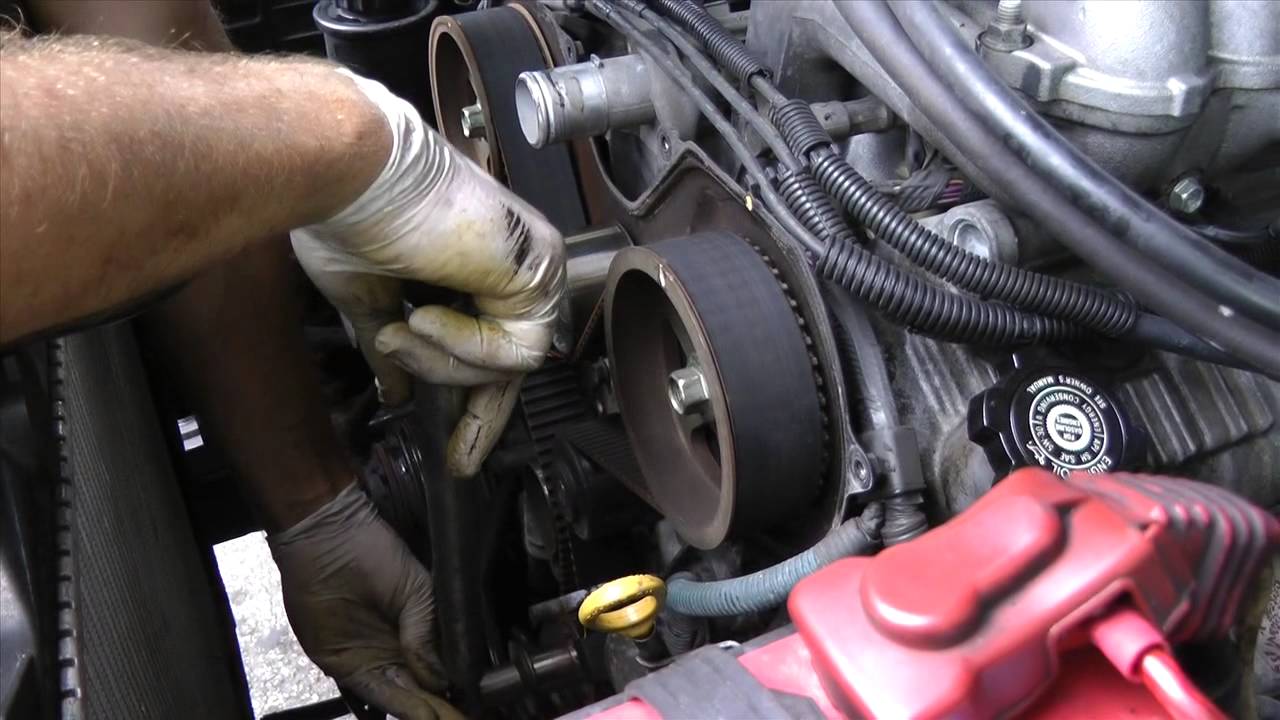Container transport Melbourne plays a vital role in Australia’s logistics industry, supporting businesses in moving goods both domestically and internationally. With Melbourne’s position as a central hub for trade in Australia, the city’s container transport industry is busy, efficient, and technologically advanced. It handles thousands of shipping containers daily through a vast network of ports, highways, and rail systems, and serves businesses of all sizes. If you’re looking to understand how container transport works in Melbourne or to find reliable services, this guide explores the types of container transport, service providers, the advantages of each mode of transport, and key considerations when choosing a transport partner.
Melbourne’s Strategic Role in Container Transport
Melbourne, as Australia’s busiest container port, is a key hub for both international and interstate goods transport. The Port of Melbourne alone accounts for over one-third of the nation’s container trade, and its efficient infrastructure is geared toward handling a massive volume of cargo.
The city has significant access to well-connected highways and rail lines that link the port to other major Australian cities, such as Sydney, Brisbane, and Adelaide. This accessibility allows Melbourne’s container transport industry to support timely delivery and efficient movement of goods. The city’s transport infrastructure is also continually evolving, with various projects underway to further streamline freight logistics and increase capacity.
Types of Container Transport Available in Melbourne
Container transport services are available in different modes to suit various needs, including:
1. Road Transport
Road transport is one of the most common forms of container transport in Melbourne. Trucks, including semi-trailers and flatbeds, move containers from the port to warehouses, distribution centres, and retail outlets throughout Melbourne and beyond. The flexibility of road transport allows for door-to-door service and is particularly useful for businesses needing quick and efficient delivery within Melbourne or nearby locations.
Benefits of Road Transport:
- Speed and Flexibility: Quick transit times, especially for short distances within Melbourne.
- Door-to-Door Service: Direct pick-up and drop-off services are possible.
- Scalable: Suitable for single or multiple containers.
2. Rail Transport
Rail transport is a highly efficient way to move large quantities of containers over longer distances. For goods being transported from Melbourne to other major Australian cities, rail is often a cost-effective choice. The city’s rail connections to Sydney, Brisbane, and Adelaide make it a viable option for businesses looking to reduce their carbon footprint and transport costs.
Benefits of Rail Transport:
- Cost-Effective for Long Distances: Cheaper for long-haul transport compared to road transport.
- Environmentally Friendly: Rail transport produces less CO₂ emissions than road transport.
- High Capacity: Capable of transporting multiple containers in a single trip.
3. Sea Freight
For international shipments, sea freight is the primary choice for container transport. Containers are loaded onto cargo ships at the Port of Melbourne and transported to destinations worldwide. Sea freight is particularly suitable for businesses moving large quantities of goods that are not time-sensitive, as it is generally slower than road or rail.
Benefits of Sea Freight:
- Cost-Efficiency for Large Volumes: Lower cost per unit for heavy and bulky items.
- International Reach: Access to global markets and trade routes.
- Variety of Container Options: Flexible container sizes for different cargo types.
4. Air Freight (for Urgent Shipments)
Although not strictly container-based due to size limitations, air freight can be used for smaller, urgent shipments that need rapid delivery. Melbourne’s Tullamarine Airport handles cargo for businesses that prioritize speed over cost. Air freight is often combined with other container transport methods for urgent shipments or valuable goods.
Benefits of Air Freight:
- Fastest Mode of Transport: Ideal for time-sensitive shipments.
- International and Domestic Options: Quick delivery to various destinations.
- High Security: Lower risk of theft or damage.
Key Players in Container Transport Services in Melbourne
The container transport industry in Melbourne is diverse, with multiple companies offering specialized services. Here are some types of service providers:
1. Freight Forwarders
Freight forwarders coordinate the logistics of transporting goods for clients. They provide end-to-end solutions that include arranging shipping, handling documentation, and managing customs requirements. Freight forwarders are ideal for businesses looking for a streamlined, all-in-one service.
2. Logistics and Transport Companies
These companies handle the physical transportation of containers via road, rail, or sea. Many of them offer tracking and monitoring services, so clients can follow their shipment’s journey from origin to destination.
3. Customs Brokers
For international shipments, customs brokers manage the legal and regulatory side of transporting goods. They help businesses comply with import and export regulations, secure necessary permits, and avoid customs delays.
4. Intermodal Transport Providers
Some transport providers specialize in intermodal transport, where containers are moved using a combination of road, rail, and sea. This approach optimizes transport efficiency and minimizes costs, especially for long-distance domestic shipments.
Choosing the Right Container Transport Service in Melbourne
When selecting a container transport service provider in Melbourne, consider the following factors:
1. Type of Cargo
The type of cargo you’re transporting may affect which mode of transport is best suited to your needs. For instance, perishable items may require refrigerated containers, while high-value goods may need secure transport options.
2. Budget and Cost Considerations
Different transport modes come with varying costs. Sea freight, for instance, is cost-effective for large shipments, while road transport may be more budget-friendly for short distances. Consider the overall cost of transport, including storage and any additional handling fees.
3. Timeliness and Delivery Requirements
If your shipment is time-sensitive, you may prioritize speed over cost. In this case, road or air transport may be more suitable, depending on the shipment’s size and distance.
4. Environmental Impact
For companies prioritizing sustainability, rail transport is often a greener choice than road transport. Some container transport providers in Melbourne are investing in environmentally friendly practices, such as fuel-efficient vehicles and renewable energy sources.
5. Reliability and Track Record
Look for providers with a strong reputation for reliability. Reading client reviews, checking case studies, and requesting references can help you assess a company’s ability to meet your expectations.
6. Customer Support and Communication
Effective communication and real-time tracking are crucial for managing container transport. Many providers offer 24/7 support and tracking options, so you can monitor the progress of your shipment and address any issues that may arise.
Future of Container Transport in Melbourne
The container transport industry in Melbourne is evolving, with new technologies and infrastructure improvements continually being introduced. Some trends shaping the future of container transport include:
1. Automation and Digitalization
Automation is helping to increase the speed and efficiency of container handling at ports, while digital tracking systems allow clients to monitor their shipments in real time. Many providers are adopting digital platforms to streamline documentation and enhance transparency in the supply chain.
2. Eco-Friendly Initiatives
To reduce environmental impact, container transport companies in Melbourne are exploring cleaner fuel options, such as electric and hybrid trucks, as well as more efficient rail systems. Sustainability is becoming a priority, with many businesses opting for green transport solutions.
3. Expansion of Rail Infrastructure
Melbourne’s government and private sector are investing in expanding the city’s rail infrastructure to accommodate the growing demand for rail transport. This development will make rail a more accessible and efficient option for long-distance domestic transport.
4. Growing Demand for Intermodal Solutions
Intermodal transport, which combines road, rail, and sea, is on the rise. This approach minimizes handling and reduces costs, making it an attractive choice for businesses that require flexibility and efficiency.
Conclusion
Container transport in Melbourne is an integral part of Australia’s logistics landscape, supporting businesses in moving goods across the country and around the world. With options for road, rail, sea, and air freight, Melbourne offers a variety of solutions tailored to different types of cargo, budgets, and delivery timelines. Whether you’re a small business needing local transport or a large company looking for international shipping solutions, Melbourne’s container transport industry has you covered.
By carefully considering your unique needs and selecting the right provider, you can ensure efficient and reliable container transport. As the industry embraces technology and sustainability, container transport in Melbourne will continue to grow and adapt, meeting the demands of a globalized economy while supporting Australia’s position as a leader in logistics and trade.




